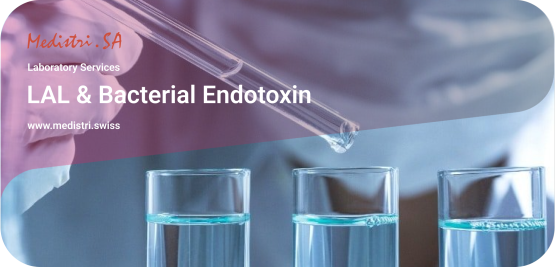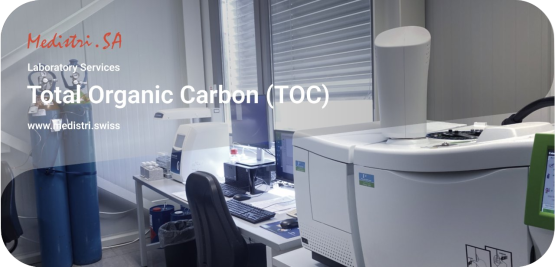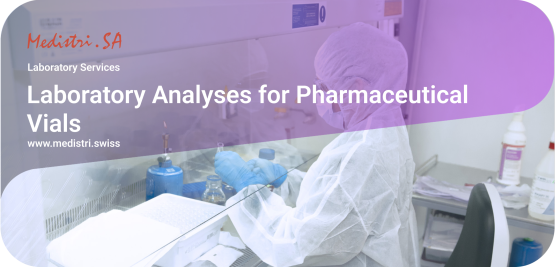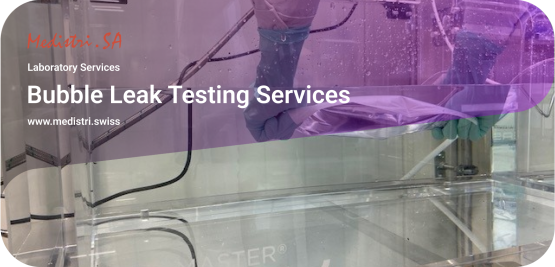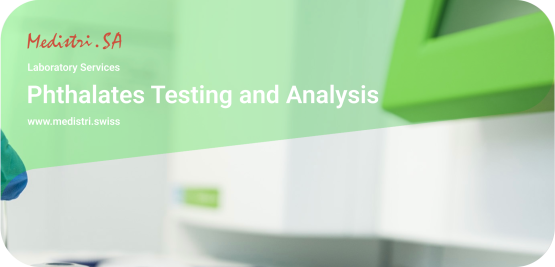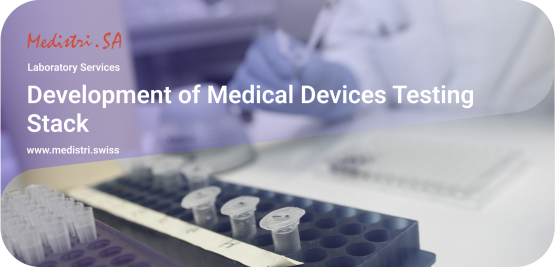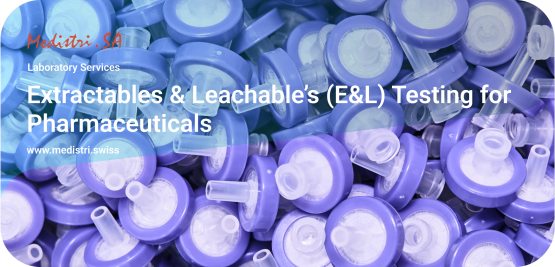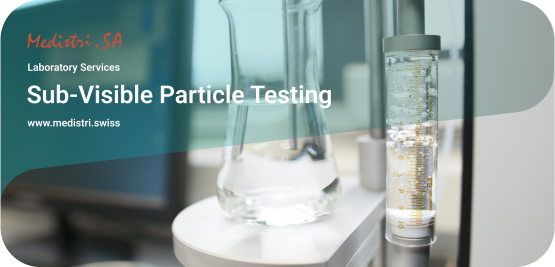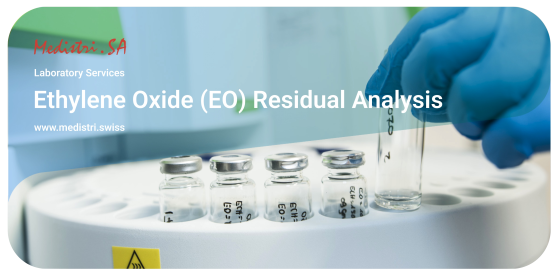Introduction to Biocompatibility
In the medical device industry, biocompatibility evaluations are performed to assess the risk of harm to patients or users resulting from device contact with living tissue and bodily fluids. Standards such as ISO 10993 and USP Class VI provide a framework for evaluating the risk profile of a medical device, based on the nature of body contact and the duration of contact.
LAL & Bacterial Endotoxin
The LAL (Limulus Amebocyte Lysate) testing, also known as bacterial endotoxin testing, is an in vitro assay used to detect the presence and concentration of bacterial endotoxins in drugs and biological products, and is an important part of pharmaceutical microbiology.
Total Organic Carbon (TOC)
Organic contaminants in medical devices can cause adverse reactions in patients, reduce the effectiveness of the device, or cause the device to malfunction. TOC analysis can identify and quantify these contaminants, allowing manufacturers to ensure that their medical devices meet regulatory requirements and industry standards.
Laboratory Analyses for Pharmaceutical Vials
On a daily basis, our pharmaceutical customers benefit from our range of Tests for Pharmaceutical Vials. Specifically, by listening to our pharmaceutical & biotechnology customers, we’ve engineered our company’s infrastructures to be working hand in hand with our quality team, under one roof, at all times.
Bubble Leak Testing Services
Bubble Leak testing is a method of detecting leaks in sealed packaging by visually inspecting them against changes in pressure. Many defects can lead to leakage during the manufacturing and packaging of the product. That is why this test allows us to detect defects in the packaging before final production and shipment to the customer.
Phtalates Testing and Analysis
Medistri can perform phthalate trace level detection analysis and screening of products and materials especially made of polyvinyl chlroride (PVC). These regulations require some industries to heavily & regularly monitor the presence an amount of these specific compounds. They have been established to monitor either low percentage or part per million (ppm) levels.
Development of Medical Devices Testing Stack
Patient safety is predicated on the medical device’s specific structural materials and also on a comprehension of the compounds and residuals that might be produced or recognised throughout the supply chain. Medistri’s laboratory team aggregates all data, outlines findings, and recommend risk management proposals in a transparent, detailed, and precise manne — Allowing you to bring your safe product to market quickly.
Extractables & Leachable’s (E&L) Testing for Pharmaceuticals
Extractables and leachables (E&L) studies are now a crucial component of product release. Medistri’s Laboratory provides GMP-compliant leachables method validation for use in GMP stability testing and storage programs and are able to support a variety of closure or drug delivery systems.
Sub-Visible Particle Testing
Medistri’s laboratory performs medical device particulates testing on injections, parenteral infusions and medical devices as particulate matter is produced through various sources during processing. Particulate matter in injections and parenteral infusions consists of mobile undissolved particles, other than gas bubbles, unintentionally present in the solutions.
Ethylene Oxide Residual Analysis
Because of its broad material compatibility, ethylene oxide (EO) is frequently used to sterilize medical equipment. It’s possible for EO to leave a residue on the material being sterilized. The following are the residues that may remain following sterilisation:
- Ethylene Oxide (EO) is a possible byproduct of processing.
- Ethylene Chlorohydrin (ECH) is a potential by product of EO’s interaction with free chloride ions.
- Ethylene Glycol (EG), a byproduct that may result from the interaction of EO with water.


